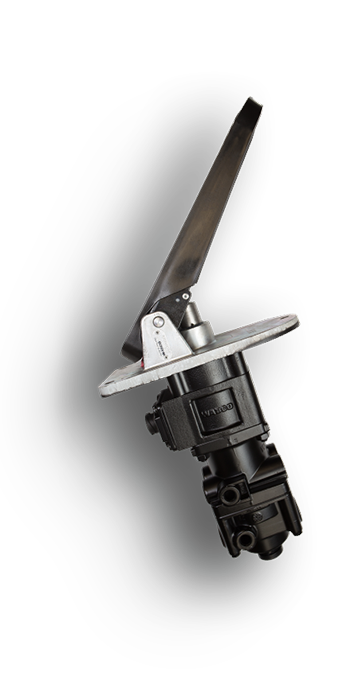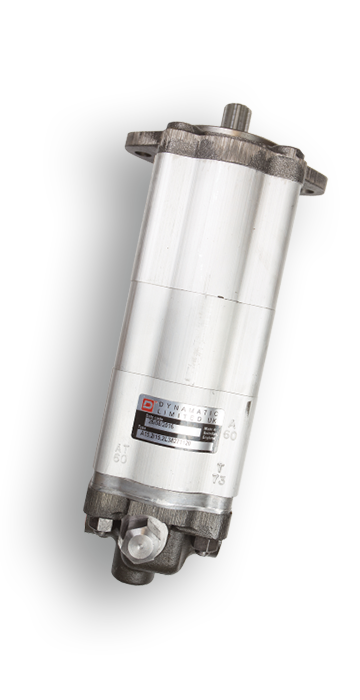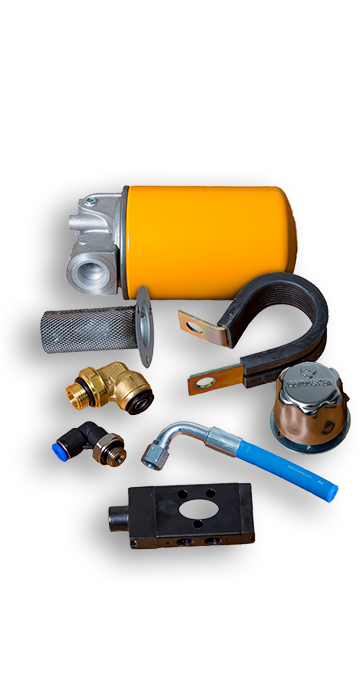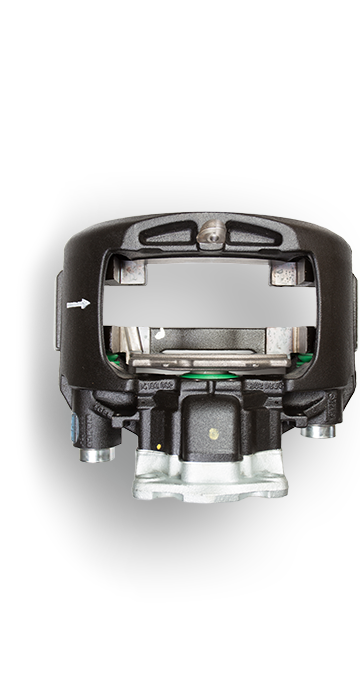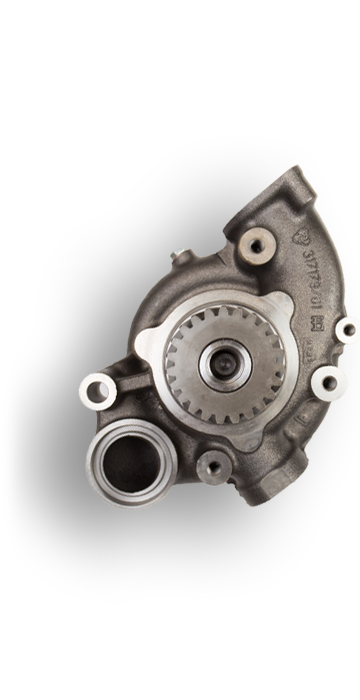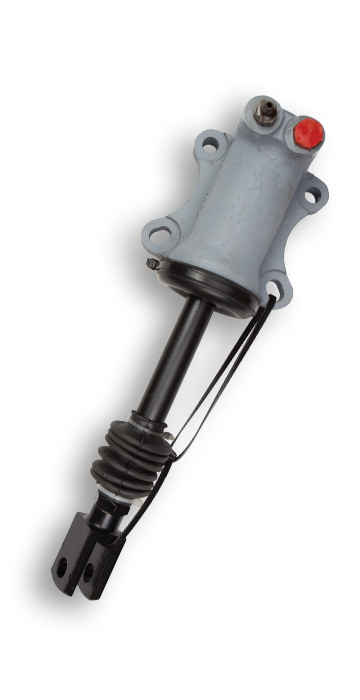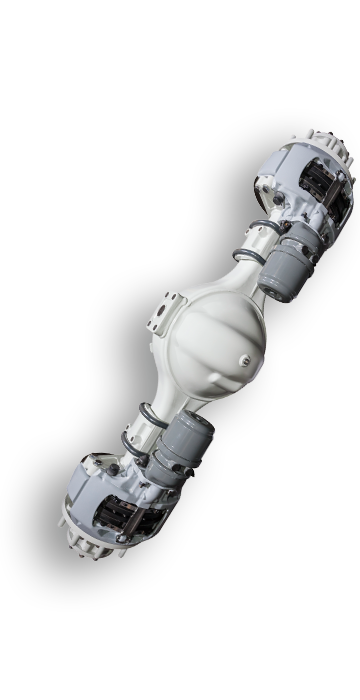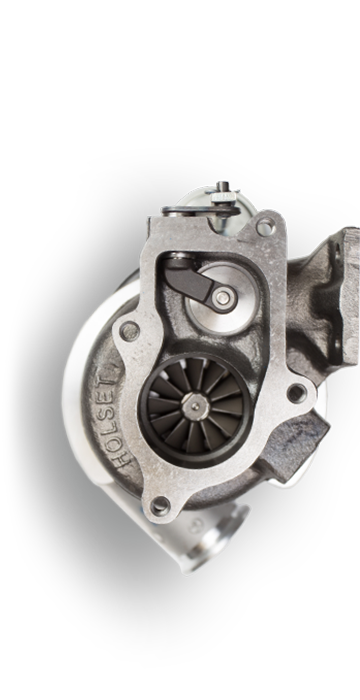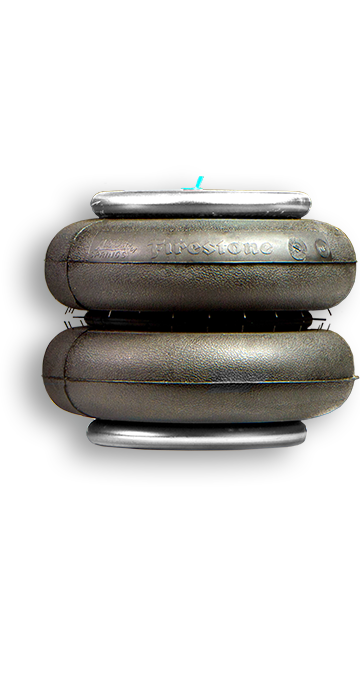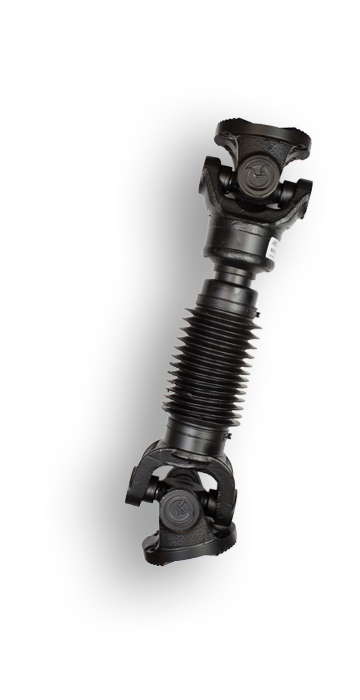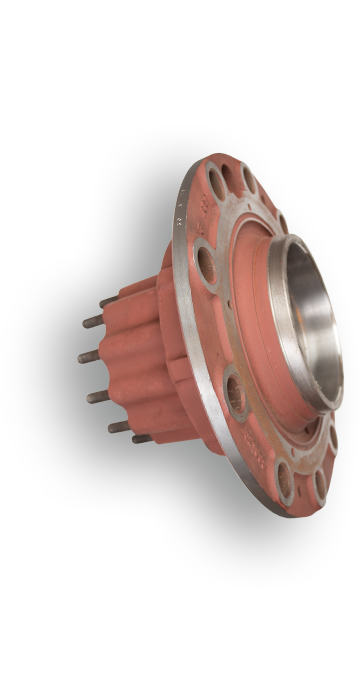Observance of health and safety law has never been so important. With firms and senior executives finding themselves in the firing line and being prosecuted, often making industry and national headlines, understanding legal responsibilities is key to commercial survival.
According to Health and Safety Executive (HSE) statistics for the transport and storage sector, each year some 3% of workers suffer from an illness they believe to be work-related, 2% sustain a work-related injury, and 14 were fatally injured (2015/16). It’s reckoned that 1.7m working days are lost each year, of which one million are due to work-related musculoskeletal disorders and workplace injuries.
These accident statistics could be easily reduced with effective management of health and safety and sufficient risk assessments. An approach to ensuring a positive H&S culture does not have to be complex or time-consuming in order to be effective. Benefits include fewer accidents, resulting in less production time lost, fewer vehicles off the road for repairs, fewer missed orders and less time spent in investigation and follow up.
Fortunately, great progress has been made in the bus and coach sector over the past decade, resulting in a steady decline in workplace incidents. The gradual removal of inspection pits, in favour of four-post vehicle lifts, for example, as well as prescribed practices and procedures all designed to improve H&S, have made a positive difference to the working environment and the sector’s performance as a whole.
Enforcement of health and safety law in Motor Vehicle Repair (MVR) is split between the Health and Safety Executive (HSE) and Local Authorities (LAs). In general terms, HSE enforces at mechanical repair and servicing premises or at the roadside. LA teams enforce at fast fit centres, valeting premises and where MVR is part of the sale of motor vehicles and parts. However, the boundaries between the different types of outlet has become blurred as enterprises take on a wider range of activities in an increasingly competitive market.
Where HSE are the enforcing authority and an inspector carries out any visit to inspect or investigate work activities, including at the roadside, then a cost may be recovered from the employer where serious non-compliance with health and safety law is identified. This cost recovery scheme (known as Fee For Intervention – FFI) was introduced in 2012.
In the bus and coach sector, a concerted effort to improve both the culture relating to health and safety and reducing instances of injury, has resulted in some new initiatives. For example, in 2015, Transport for London (TfL) launched a Confidential Safety Reporting Scheme to further increase bus safety, which enables employees to report any health and safety concerns to a third party, in confidence.
The Confidential Incident Reporting and Analysis System (CIRAS) is standard practice across the rail industry and is also used on the London Underground network. Its introduction to the bus network gives employees an extra way of reporting any concerns, complementing the proven methods for reporting and investigating incidents that are already in place.
Imperial Engineering is a leading distributor of OE bus and coach parts to operators across the UK, from major fleets to privately owned companies. Commenting on the issue of H&S, Imperial’s Sales Manager, John Dwight, said:
“The bus and coach sector is a very dynamic and critical industry, which millions of people rely on every day for their transport needs. From a technological standpoint, there have been significant advances in improvements to driver, passenger and general road safety and a lot of progress has also been made in the improvement of workshop conditions from a maintenance perspective. By adopting an inclusive culture where every employee, at every level, is encouraged to take responsibility for employee safety and wellbeing in the workplace, businesses have shown to progressively improve their productivity and crucially, profitability.”
